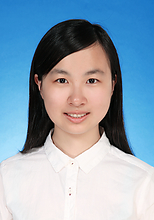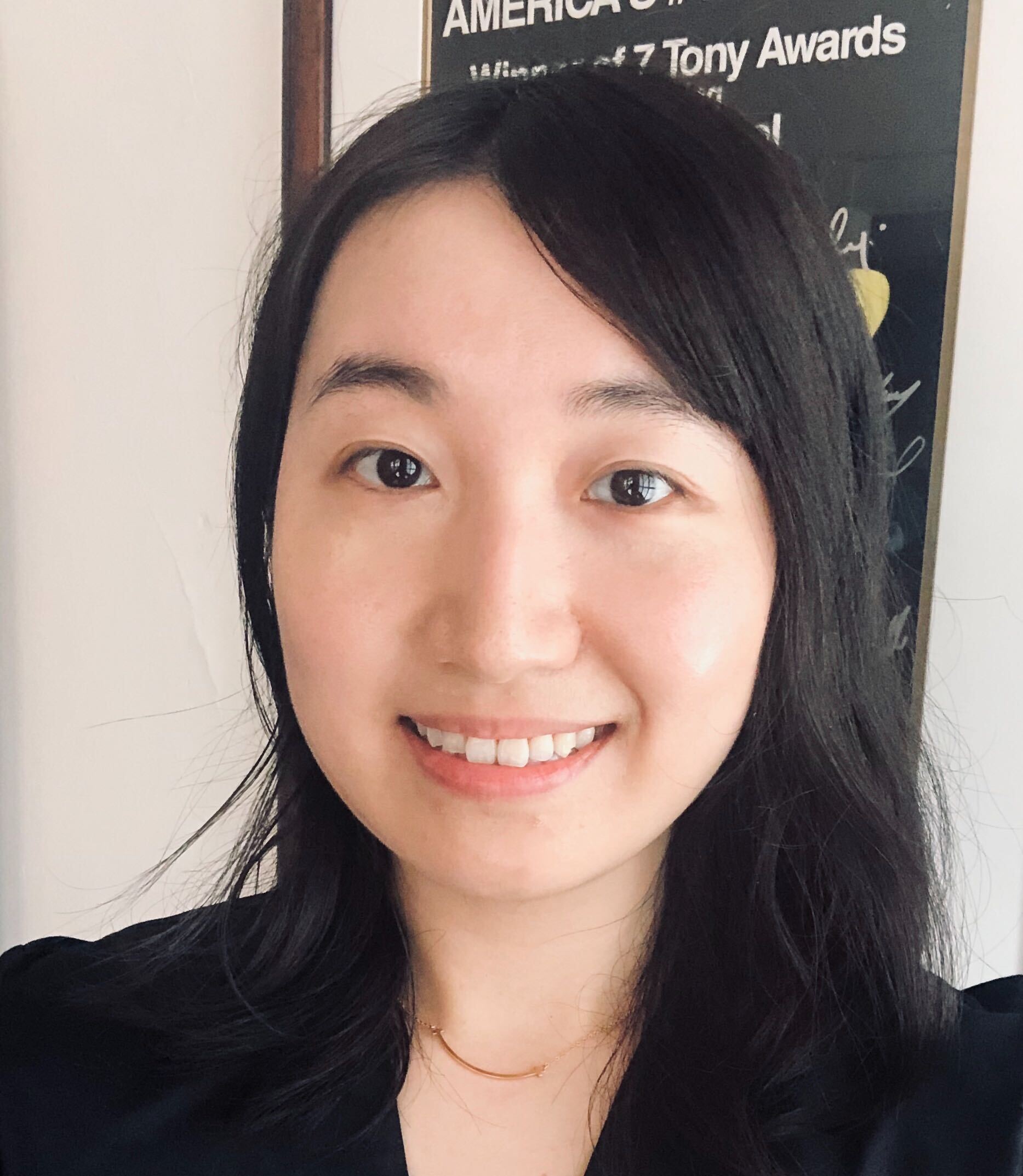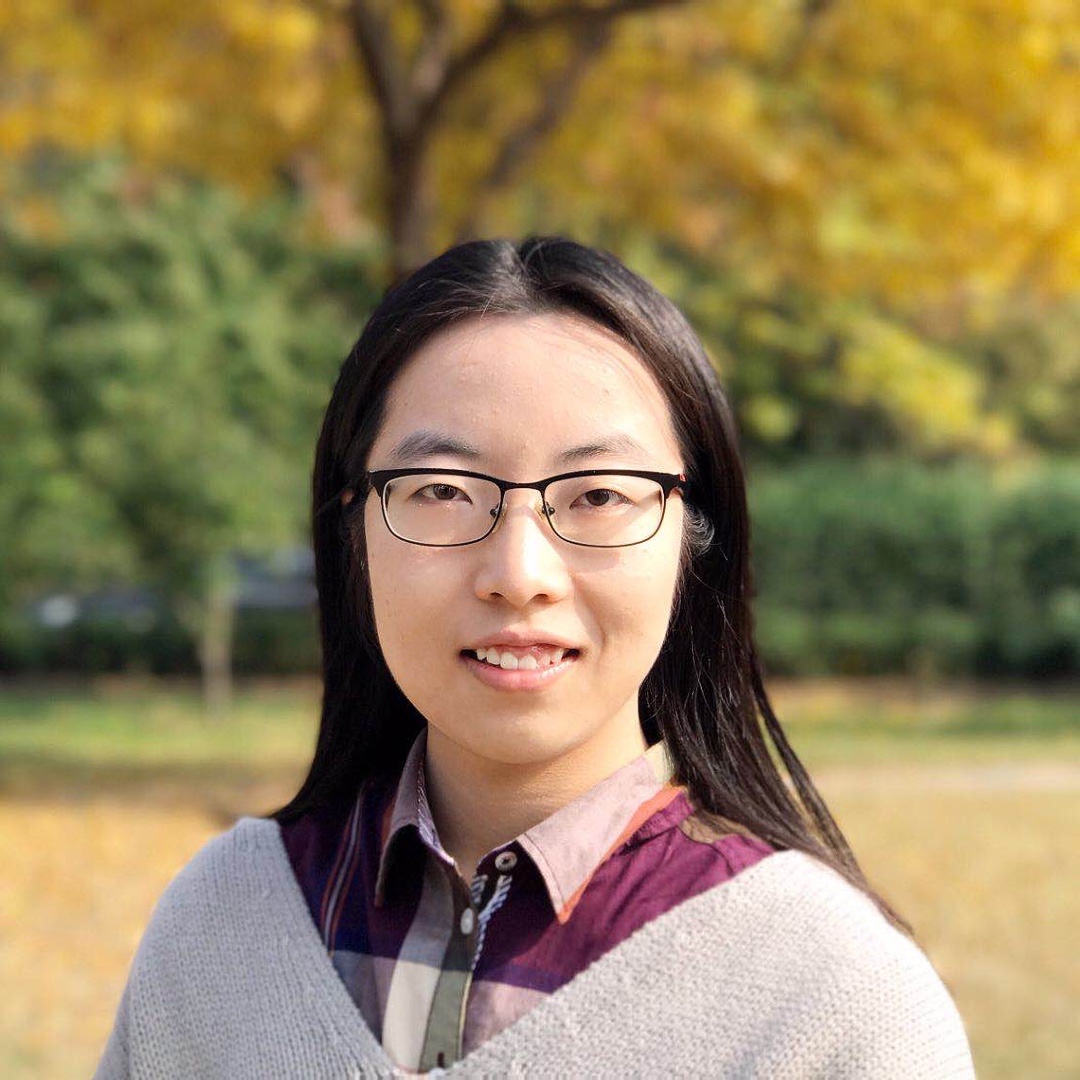 The University of Maryland Center for Machine Learning recently kicked off its annual Rising Stars in Machine Learning speaker series with a talk by Xinyun Chen, a fifth-year doctoral at the University of California, Berkeley.
The University of Maryland Center for Machine Learning recently kicked off its annual Rising Stars in Machine Learning speaker series with a talk by Xinyun Chen, a fifth-year doctoral at the University of California, Berkeley.
The program, now in its third year, aims to support machine learning researchers from underrepresented groups as they pursue new scientific discoveries and academic opportunities. Three winners were selected to present their research and receive an honorarium payment.
“With nearly 30 applications, this year’s cohort was the most competitive yet,” says Soheil Feizi, an assistant professor of computer science and leading organizer of the rising stars program. “The winning applicants stood out for their excellent research and outstanding academic qualifications.”
Chen, visiting via Zoom on November 1, virtually presented “Deep Learning for Program Synthesis: Towards Human-like Reasoning.” The basis for much of her work lies at the intersection of deep learning, programming languages, and security, with a focus on neural program synthesis and adversarial machine learning.
 Other Rising Stars in Machine Learning slated to speak include Qi Lei, an associate research scholar at Princeton University (pictured right), and Tian Li, a doctoral student at Carnegie Mellon University (pictured below).
Other Rising Stars in Machine Learning slated to speak include Qi Lei, an associate research scholar at Princeton University (pictured right), and Tian Li, a doctoral student at Carnegie Mellon University (pictured below).
On November 8, Lei will virtually present “Provable Representation Learning: The Importance of Task Diversity and Pretext Tasks.” Her research aims to bridge the theoretical and empirical boundary of modern machine learning algorithms, with a focus on large-scale optimization and representation/transfer learning.
 Li’s presentation will take place the following week on November 15. Her research centers around distributed optimization, large-scale machine learning, and data-intensive systems. She is particularly interested in developing principled and unified approaches to holistically addressing the constraints of learning in heterogeneous networks.
Li’s presentation will take place the following week on November 15. Her research centers around distributed optimization, large-scale machine learning, and data-intensive systems. She is particularly interested in developing principled and unified approaches to holistically addressing the constraints of learning in heterogeneous networks.
The University of Maryland Center for Machine Learning, supported in part by financial and technology leader Capital One, is one of six major centers in the University of Maryland Institute for Advanced Computer Studies (UMIACS).
—Story by Maria Herd